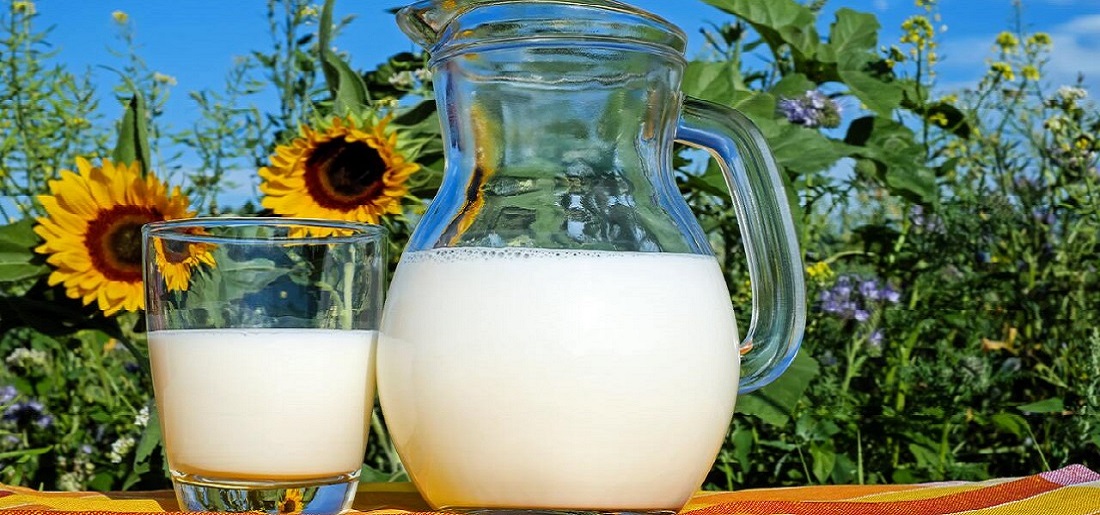
Brazil: imports of dairy products slow down in July
Aug, 29, 2023 Posted by Gabriel MalheirosWeek 202336
Brazil’s imports of dairy products, which had been steadily increasing since April, experienced a slowdown in July. In the seventh month of the year, Brazil imported 23.4 thousand tonnes of dairy derivatives, lower than the 27.4 thousand tonnes from the previous month.
This analysis of the product is included in the Agricultural Outlook Bulletin for the week of August 18 to 24. The bulletin is prepared by experts from the Department of Rural Economics (Deral) within the Secretariat of Agriculture and Supply of the state of Paraná, Brazil.
However, data from Agrostat, a platform provided by the Ministry of Agriculture and Livestock that compiles information on the Brazilian agribusiness’s foreign trade, shows that the year-to-date imports totaled 161 thousand tons. This volume surpasses last year’s 62 thousand tons for the same period by 260%.
The chart below shows Brazil’s milk imports in containers (hs codes 0400-0404) between Jan 2019 and June 2023. The data used below was collected by the Business Intelligence Team at Datamar.
Brazilian Milk Imports | Jan 2019 – Jun 2023 | TEU
Source: DataLiner (click here to request a demo)
The significant volume of imports has been a major concern for Brazilian producers, who believe that this, coupled with weak demand, is the main factor influencing the decline in the price paid to dairy farmers. In July, the average price was around R$ 2.71 per liter at the factory, which is 10% lower than the R$ 2.84 received in July 2022.
Source: Jornal do Oeste
To read the original text, see: https://www.jornaldooeste.com.br/oeste-rural/importacao-de-leite-pelo-brasil-recua-em-julho/
-
Trade Regulations
Dec, 02, 2024
0
Why the EU-Mercosur deal angers French agribusiness
-
Grains
Dec, 13, 2023
0
Milei’s Policy Moves Seen Boosting Argentina Wheat Crop by 60%
-
Oil and Gas
Mar, 22, 2022
0
Oil exports from Brazil increase until the 3rd week of March; sugar drops
-
Jan, 23, 2025
0
Brazil’s Federal District exported nearly 200 products in 1Q24



